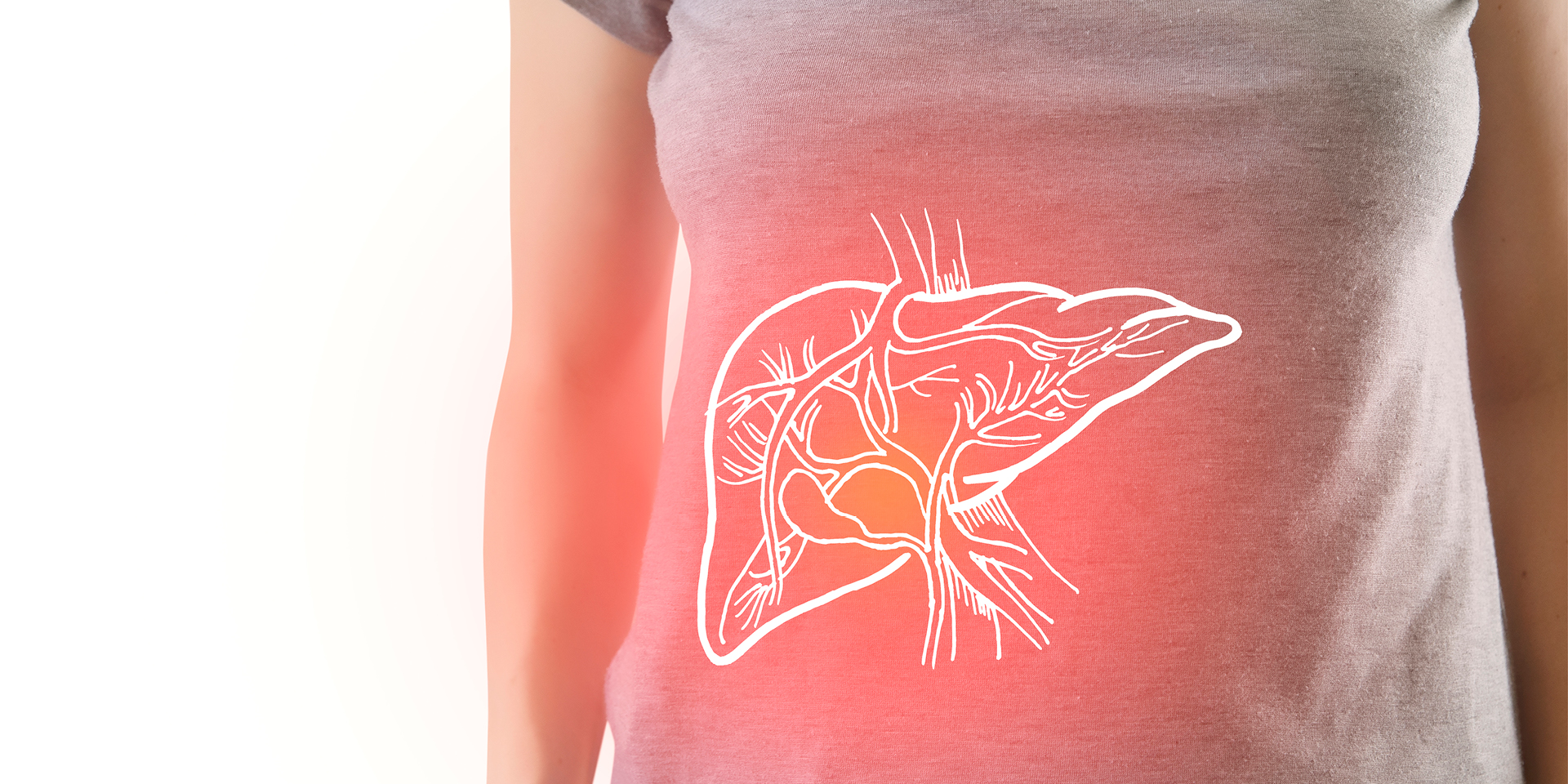“Your liver serves multiple functions that are vital to overall health, helping to break down food, store nutrients, process medications, and remove toxins and waste from your blood,” says Hannah Do, MD, a Penn Medicine Doylestown Health gastroenterologist.
People who have fatty liver disease have too much fat stored in their liver cells. The condition can be triggered by excessive alcohol consumption, as well as metabolic dysfunction and poor diet. A buildup of fats in the liver can cause serious damage, if left untreated.
A New Name for Non-Alcoholic Fatty Liver Disease
According to Dr. Do, fatty liver disease is a growing concern. Formerly known as nonalcoholic fatty liver disease, doctors renamed the condition to better reflect the cause — metabolic dysfunction.
Conditions such as obesity, diabetes, and high cholesterol burden the liver with excess fat and sugar, allowing fat to build over time.
MAFLD (metabolic dysfunction-associated fatty liver disease)
People with MAFLD have excess fat in the liver, but no inflammation or liver cell damage. MAFLD affects an estimated 25-30% of people in the United States, according to Dr. Do. There are no symptoms, and the liver still functions normally.
MASH (metabolic dysfunction-associated steatohepatitis)
Untreated MAFLD can progress to MASH—a severe form of fatty liver disease. In addition to inflammation, people with MASH experience scarring (fibrosis). Without treatment, MASH can lead to severe scarring (cirrhosis), liver failure, or liver cancer. “In addition to diet and exercise, some people with MASH may need a medication or even a liver transplant to survive,” says Dr. Do.
Are You at Risk for MAFLD?
According to the National Institute of Diabetes and Digestive and Kidney Diseases (NIDDK), MAFLD is one of the most common causes of liver disease — affecting about 24% of adults in the United States. But the condition can affect people of any age, including children. Though you are more likely to develop MAFLD with age, research suggests that close to 10% of U.S. children ages 2 to 19 have MAFLD.
Causes
Although the cause of MAFLD is unknown, it is most frequently seen in people with one or more of following conditions:
- Obesity
- Type 2 diabetes
- High blood pressure
- Insulin resistance
- High levels of fats in the blood (i.e., cholesterol, triglycerides)
- Drug and toxin exposure (some medications and toxins have been associated with MASH, including steroids, synthetic estrogens, and certain chemotherapy medications)
Symptoms and Diagnosis
Usually a "silent disease," MAFLD and MASH cause few or no symptoms, according to Dr. Do.
Possible signs include:
- Fatigue
- Weakness
- Weight loss or loss of appetite
- Nausea
- Abdominal pain
- Jaundice (a yellowing of the skin and eyes)
“Elevated liver enzymes on routine blood tests along with certain metabolic risk factors can suggest MAFLD,” says Dr. Do. “A diagnosis can be determined on imaging tests such as ultrasound, fibroscan, CT scan, or MRI scan. If that is not clear, a liver biopsy can even be pursued for confirmation.”
First Medication for Fatty Liver
“While a healthy lifestyle is the foundation for preventing and treating fatty liver disease, the FDA approved the first medication for the treatment of moderate to severe fatty liver disease in 2024,” says Dr. Do. “The new drug, Rezdiffra (resmetirom), has been shown to reduce liver fat and may even reverse damage.”
“This new medication in conjunction with diet and exercise would benefit those with moderate to severe fibrosis,” says Dr. Do.
Your doctor may suggest medication, along with other treatment options, including:
- A healthy diet, limiting calories and adding fruits, vegetables, and whole grains
- Gradual weight loss monitored by a registered dietitian/medical weight loss professional
- Managing diabetes, lowering cholesterol and triglycerides
- Regular exercise
- Reviewing medications with your doctor and making adjustments, as needed
- Getting vaccinations for hepatitis A and B, the flu, and pneumococcal disease
- Avoiding alcohol intake
- In extreme cases, a liver transplant
Make an Appointment
Your primary care provider can address concerns about fatty liver disease and refer you to a specialist trained in a wide range of liver diseases and disorders. Hepatology, a subspecialty of gastroenterology, is a branch of medicine that focuses on the diagnosis, treatment, and management of any disturbance of proper liver function.
For information or to make an appointment contact Penn Medicine Doylestown Health Gastroenterology by calling 215.345.6050.
About Gastroenterology
Our caring, compassionate gastroenterologists are experts in the diagnosis and treatment of disorders and diseases of the digestive system. Using advanced screening tools, state-of-the-art treatments and innovative technology, our gastroenterology team delivers comprehensive care for conditions of the esophagus, stomach, small intestine, colon and rectum, pancreas, gallbladder, bile ducts and liver. The Open Access Colonoscopy Program allows healthy patients the convenience of scheduling a screening colonoscopy without an initial office visit.
